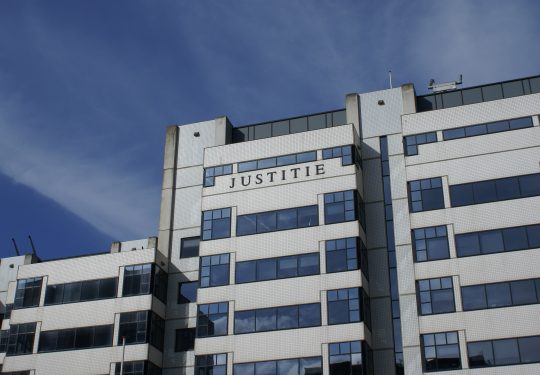Today, a panel of three judges of the District Court of Amsterdam heard a case filed by Open State Foundation in which more transparency is demanded in health care costs. In the Netherlands, the district court decides to appoint three judges to a case which is complex or which involves fundamental issues.
The central question before the court is whether the public should have the right to information about declared health care costs. Early in 2014, Open State Foundation, assisted by Dutch FOIA-expert Brenno de Winter, filed a FOIA request and asked the Netherlands Health Authority to disclose all declared costs of all medical treatments per health provider, per month. Until now the Netherlands Health Authority refused to answer positively to this request.
During the court hearing it became clear that the case focuses on two important points. First the Netherlands Healthcare Authority argued that it refused to provide the information based on the exemption of information concerned relate to companies and manufacturing processes. However, much information about the business of health providers is already known. It seemed that the Netherlands Healthcare Authority fears that prices of health care providers come under pressure because they are the result of negotiations with insurance companies.
The second argument brought forward by the Netherlands Healthcare is that providing the information on declared costs per medical treatment could theoretically infringe on person’s privacy. However, this argument holds when disclosure of information would infringe on someone’s privacy without any effort. The Netherlands Health Authority did not distinguish cases to the number of possible infringement. Moreover, earlier, the Minister of Health, Welfare and Sport in response to parliamentary questions in which she said that there is no way that privacy is compromised. She confirmed that the information in the database can not be traced back to identifiable individuals. The data is double encrypted and is arranged so that it is irreversible, that the real identity of persons can not be retrieved. The ground for refusal of the Netherlands Healthcare Authority therefore does not appear to be consistent with the position taken by the Minister.
The district court will rule in the case within six weeks.
